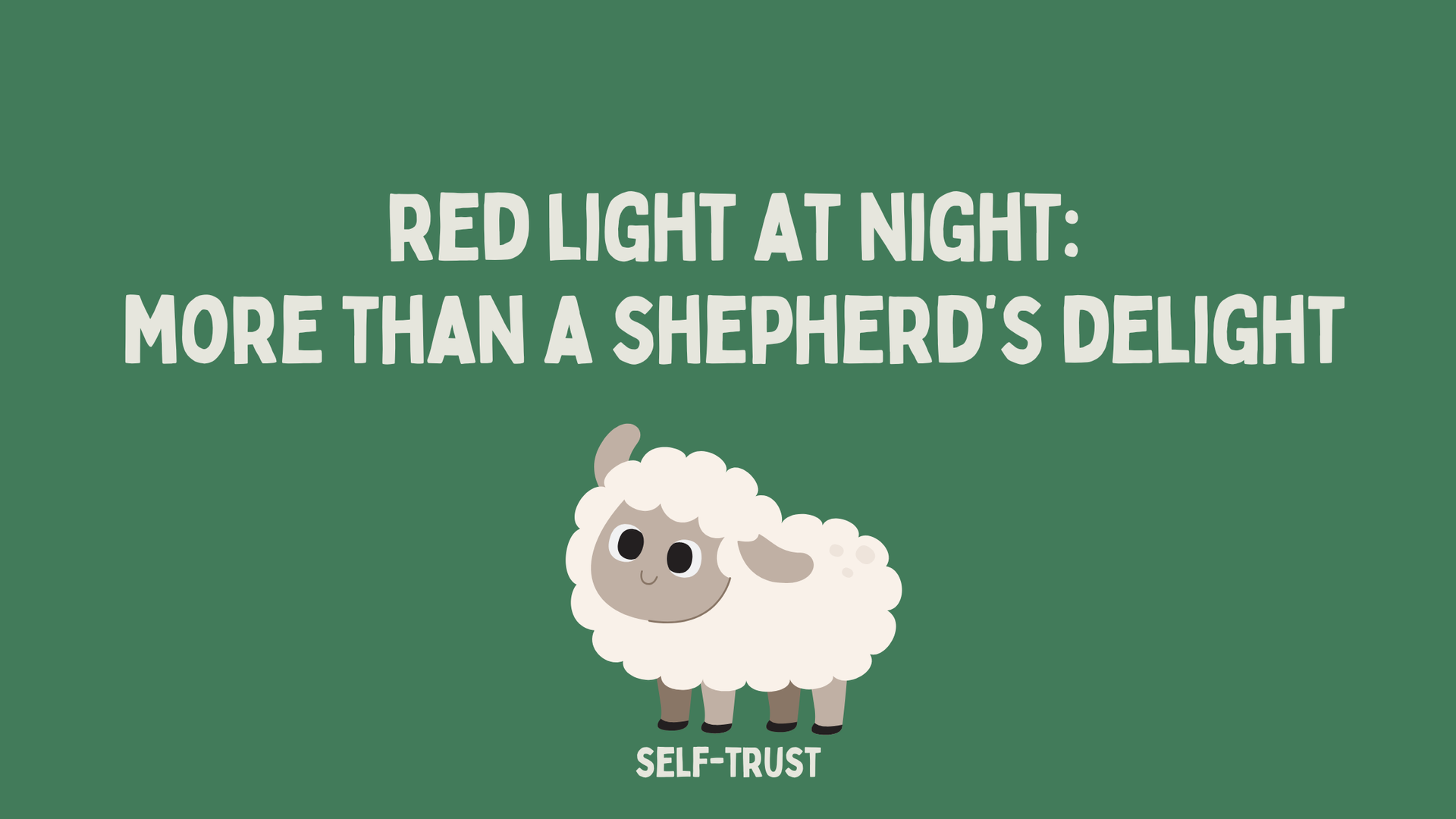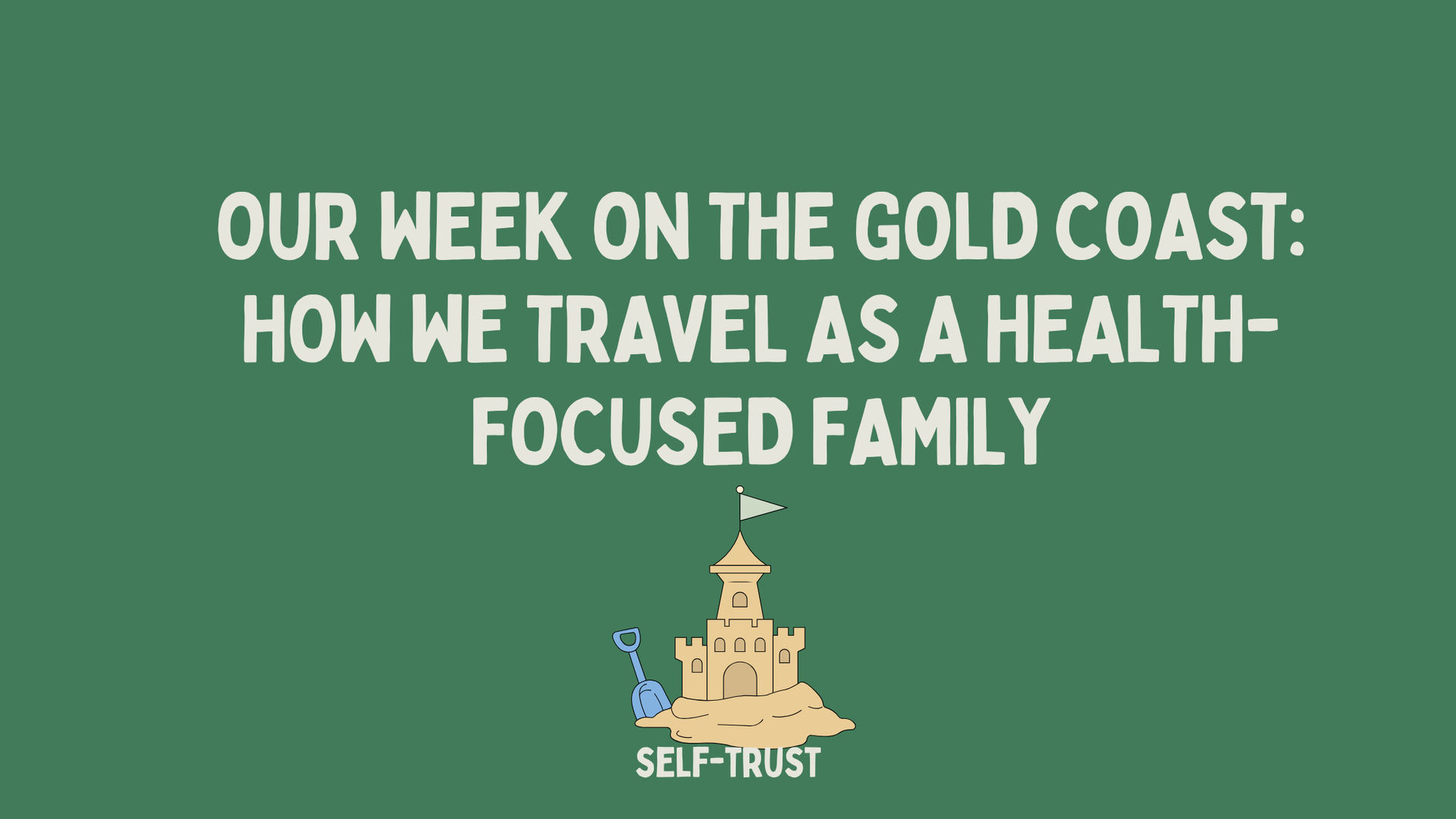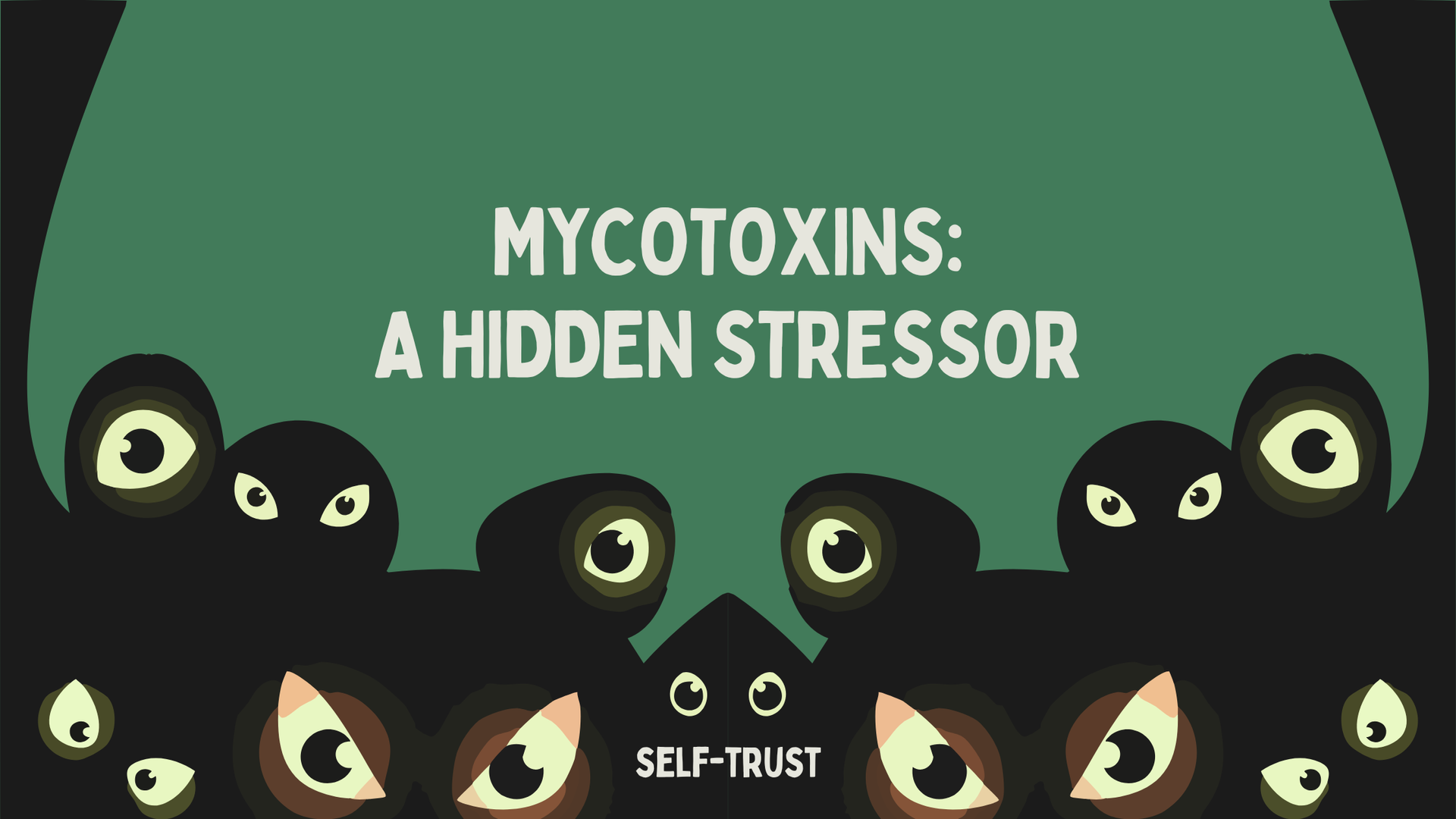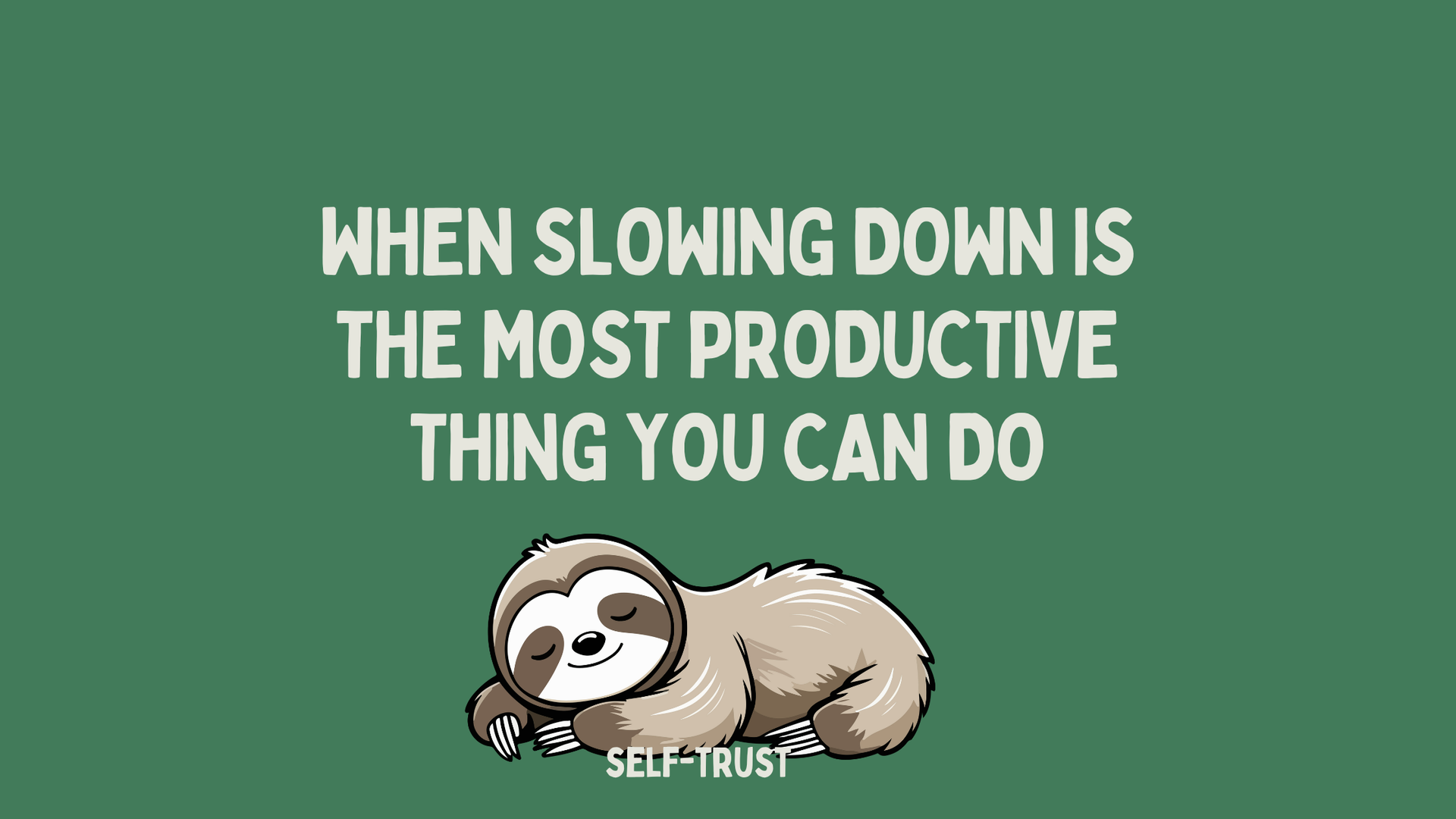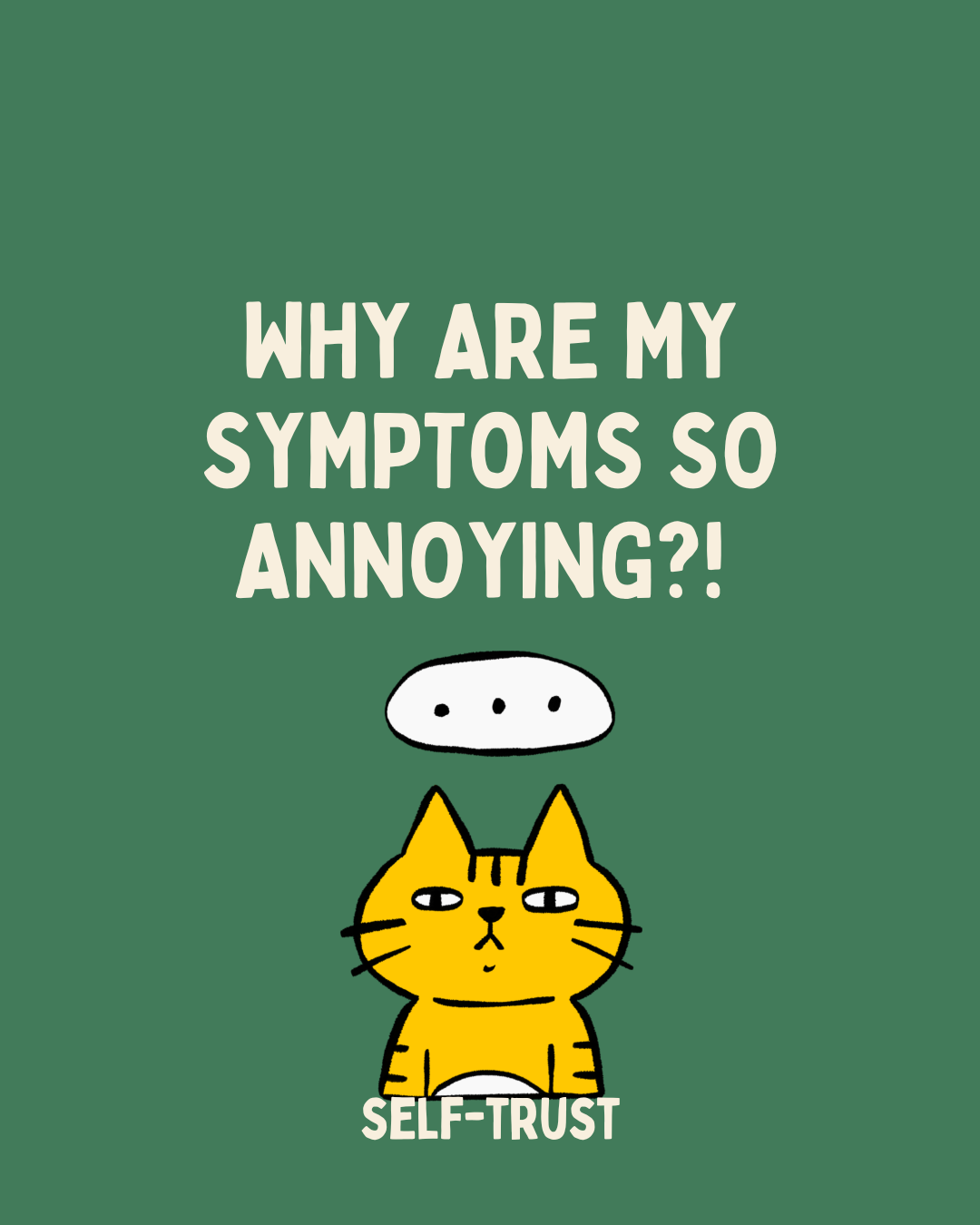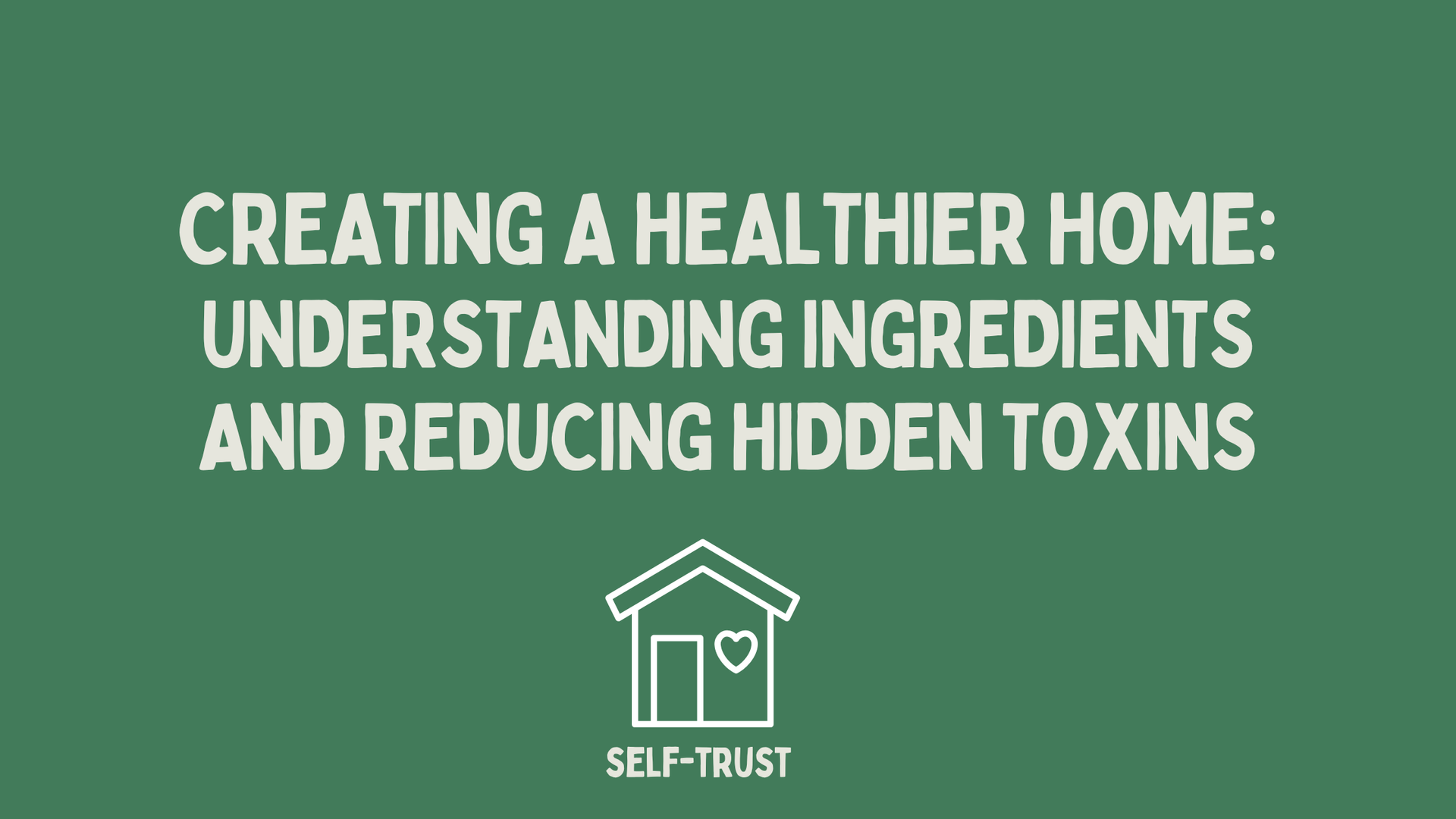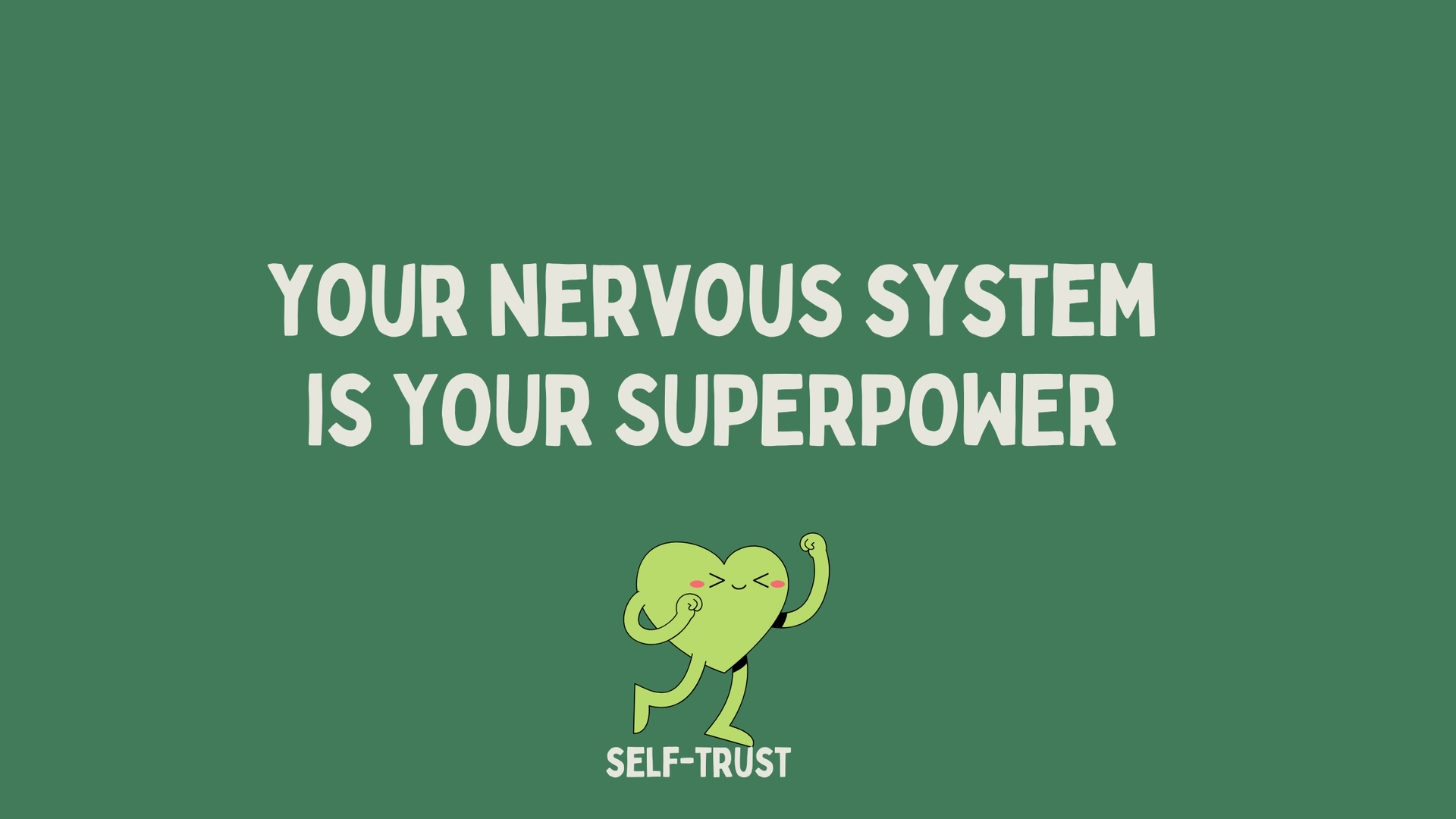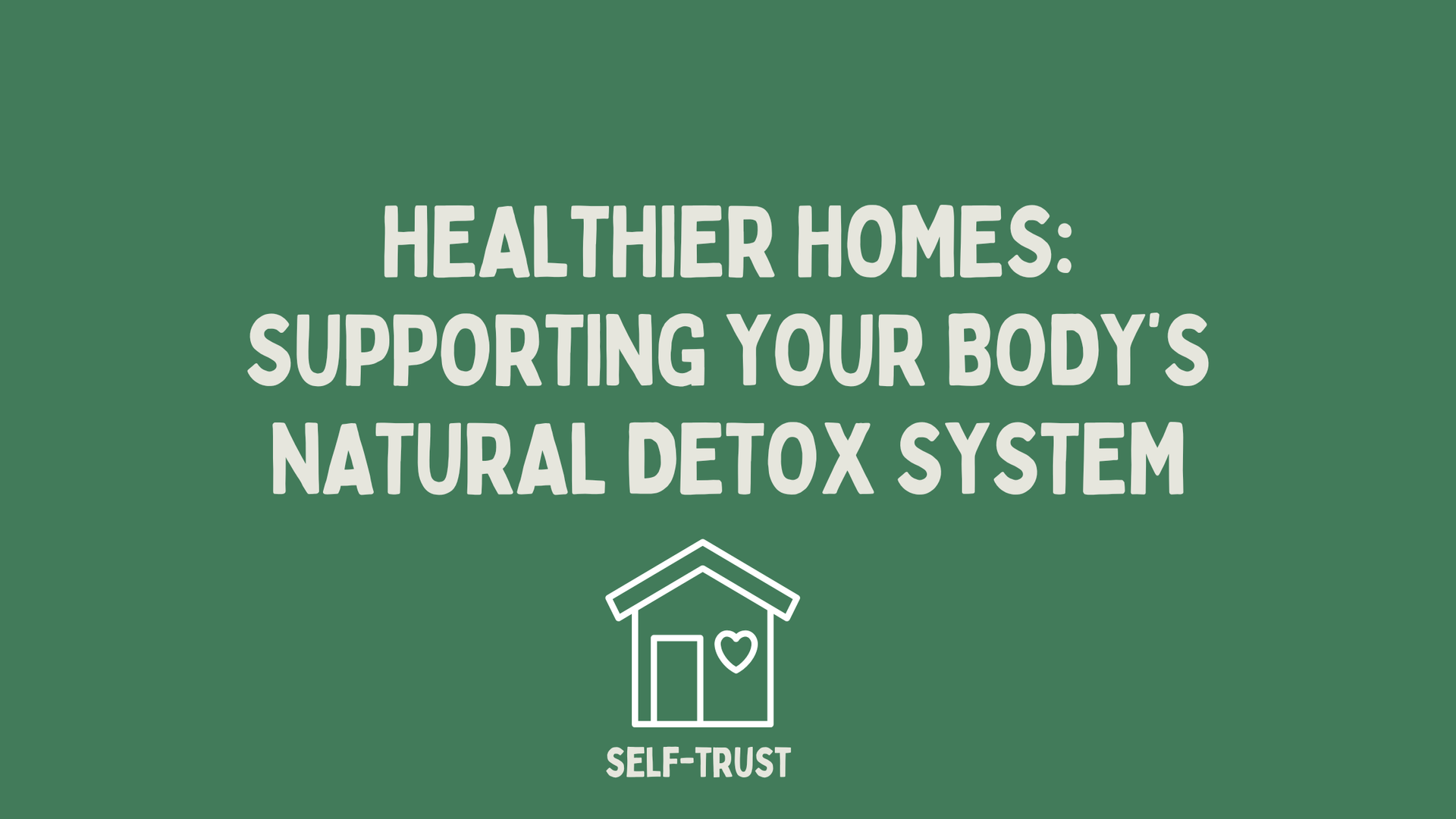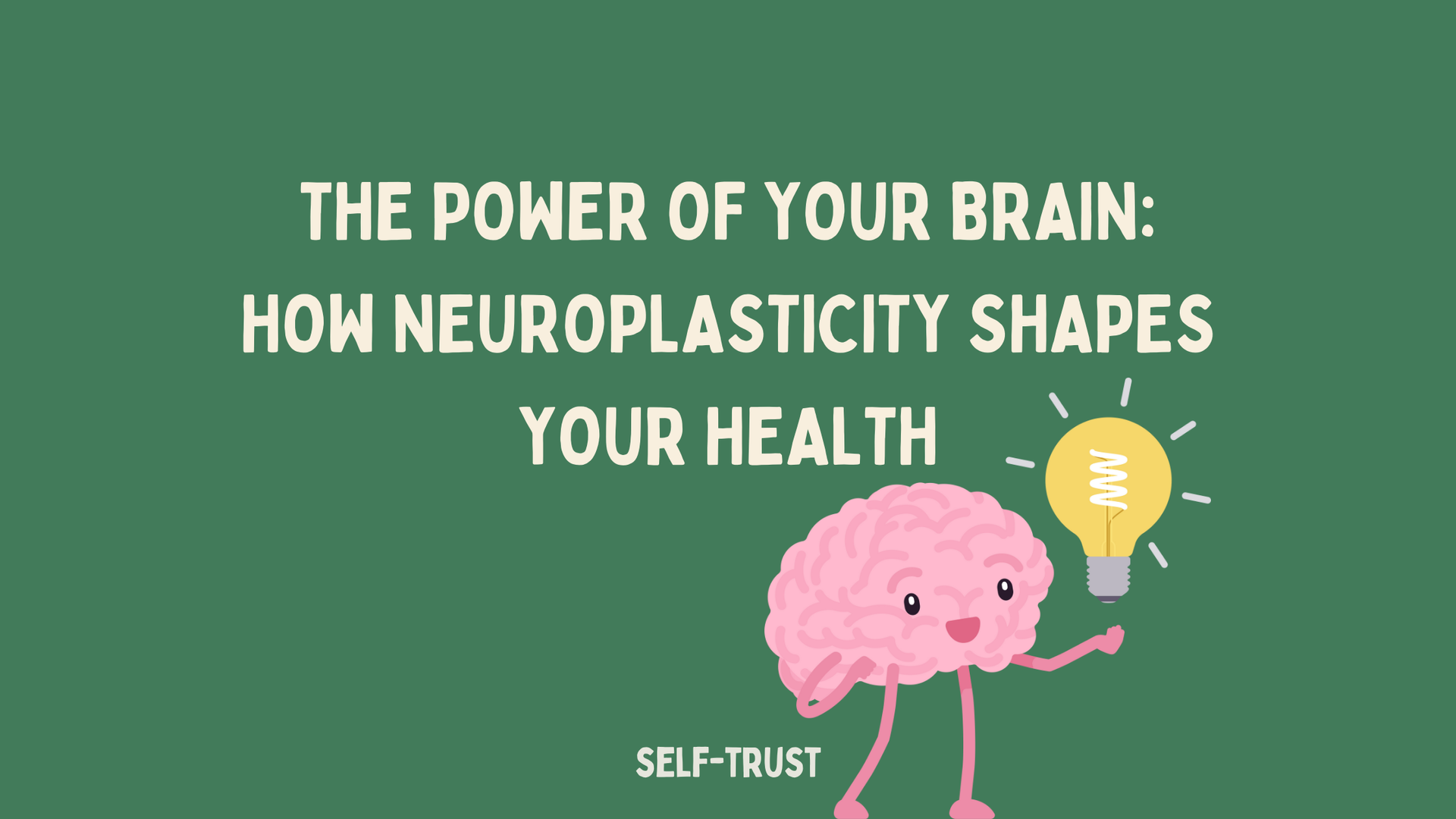The Impact of Stress on Our Health
When most of us think about stress, we picture an immediate crisis: the fire alarm goes off, the deadline looms, the child is sick - and our body jumps into fight or flight mode. This acute stress response is natural and protective; it helps us deal with danger and move through a challenge. Once the fire is out, so to speak, our nervous system should return to balance, shifting back into the parasympathetic state of rest, digest, and healing.
But the truth is, not all stress looks like a fire we can see and put out. Some of the most harmful stressors are the invisible ones we carry every day.
Beyond the Fire: Emotional and Nutritional Stress
Stress isn't only about what's happening outside of us. Emotional stress, in particular, is one of the most overlooked contributors to poor health. When we repress our feelings or silence our emotional needs in order to feel acceptable - or to make ourselves acceptable to others - we create long-term strain in our bodies.
This repression comes at a cost. Over time, it raises our vulnerability to illness, both subjectively (how we feel) and physiologically (how our body functions). Our health depends on a delicate balance between two human needs: relationship security (feeling loved and connected) and autonomy (feeling free to be ourselves). When that balance is disrupted - even if we aren't consciously aware of it - our nervous system feels the impact.
Research shows that people who are socially isolated are at higher risk for illness, while those with strong connections experience longer, healthier lives. Yet real connection only comes when we are authentic. Living according to someone else's expectations may seem safer in the moment, but over time, it erodes our well-being.
The Weight of Guilt and Resentment
One of the biggest emotional stressors we face is the tug-of-war between guilt and resentment. Guilt often arises when we make choices that honour ourselves but fear we might disappoint others. Resentment builds when we silence our needs to please everyone else.
Here's the truth: guilt is uncomfortable, but it can be a sign you're choosing your authentic self. Resentment, on the other hand, is corrosive. It's like soul-suicide - bitterness that gets pushed down deeper and deeper. When faced with the choice between guilt or resentment, choose guilt. Over time, guilt fades as you begin to embody your true self. Resentment lingers and poisons your spirit.
Returning to the Present
So how do we move out of the stress cycle? One of the most powerful steps is bringing our attention back to the present moment. Instead of waiting for "someday" when life will finally feel good, we can notice where joy is already alive.
Ask yourself:
- What can I be grateful for right now?
- Where in my life am I already living the dreams I once hoped for?
- What small steps today help me feel authentic, grounded, and connected?
Stress pulls us into the trenches of "not yet" - but presence reminds us that joy is already here.
What Really Matters
Hospice workers often share that at the end of life, people rarely regret not achieving more milestones. What they long for are the simple, human moments: walking under spring blossoms, feeling the earth under their feet, listening to birdsong, laughing with loved ones. These are the moments that make life worth living.
Stress tricks us into missing these golden moments by keeping us fixated on what's next. Gratitude and presence bring us back to what matters most - the small, ordinary, extraordinary things that fill us with awe and make us feel alive.
A Final Reminder
Stress will always be part of life. But when we learn to notice it, honour our emotions, live authentically, and come back to the present, we begin to reclaim our health and our joy.
Your body isn't working against you - it's always communicating, always guiding you back to balance. The more you align with your truth, the less stress you carry, and the more space you create for peace, connection, and vitality.

